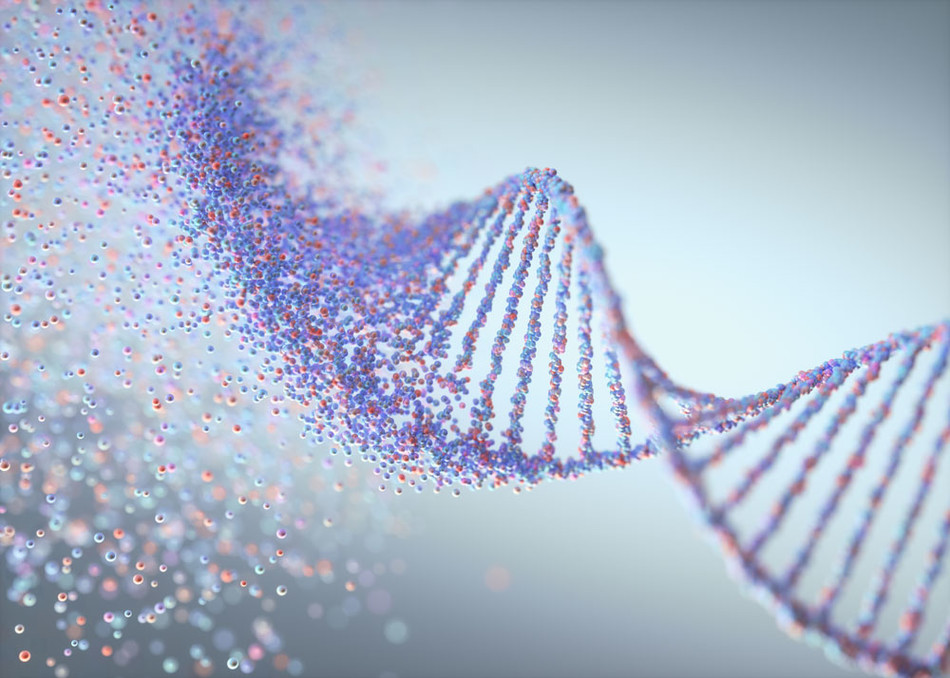In one of the largest studies of autism spectrum disorder (ASD) ever conducted, a team of Columbia researchers led by Wendy Chung has identified sixty genes that contribute to the condition, including several that help explain a broad category of cases whose genetic roots had until now been a mystery.
The findings, which appear in the journal Nature Genetics, are based on an analysis of medical, behavioral, and genetic data from hundreds of thousands of people, including forty-three thousand with autism. The enormous data set enabled Chung and her colleagues to spot subtle genetic aberrations whose links to autism had escaped the attention of earlier researchers.
Previously, scientists had linked mutations in more than 100 genes to autism, but those mutations, as a group, account for less than 20 percent of all cases. Those mutations also give rise to the most severe forms of autism, since they involve large, conspicuous genetic errors that occur when long strands of DNA are deleted or duplicated during cell division. People who develop autism as a result of such cataclysmic mutations typically also have other neurological issues, like epilepsy and intellectual disabilities. Geneticists have therefore struggled to understand what causes the milder forms of autism seen in millions of high-functioning people.
But Chung’s team, by harnessing the power of big data, uncovered hidden mutations that contribute to cases across the entire autism spectrum, including several genetic variants that only modestly alter behavior and cognition.
“Overall, the genes we found may represent a different class of genes that are more directly associated with the core symptoms of ASD,” says Chung, who is the chief of clinical genetics in the Department of Pediatrics at the Columbia University Vagelos College of Physicians and Surgeons. “We need to do more detailed studies to understand how each gene contributes to the features of autism. But we think these genes will help us unravel the biological underpinnings that lead to most cases.”
Chung’s paper also provides the first genetic evidence that autism risk factors run in families. Whereas the mutations previously linked to autism were found to have arisen spontaneously in young children, several of the autism genes identified by Chung’s team were passed down to study participants from their parents. Interestingly, only a small number of these parents were themselves diagnosed with autism.
Jonathan Sebat, a geneticist at the University of California San Diego, published an accompanying study in Nature Genetics based partly on his team’s analysis of Chung’s data set and concluded that shared genes linked to autism subtly influence the behaviors of family members of those diagnosed with ASD. His team found that such genetic variants lead to personality quirks that are fairly common among the general population, giving rise to ASD only when they occur in clusters.
This article appears in the Winter 2022-23 print edition of Columbia Magazine with the title "Scientists discover 60 autism genes."




